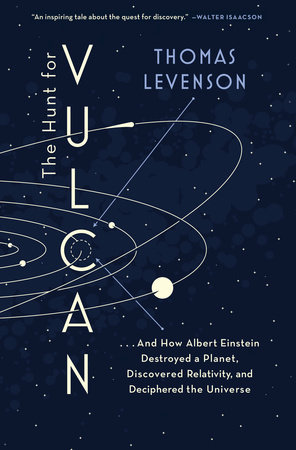Fri, 25 December 2015
Today's episode is a reading of Isaac Asimov's The Machine that Won the War. I can't think of a story that's more appropriate for Data Skeptic. |
||
Fri, 18 December 2015
In this interview with Aaron Halfaker of the Wikimedia Foundation, we discuss his research and career related to the study of Wikipedia. In his paper The Rise and Decline of an open Collaboration Community, he highlights a trend in the declining rate of active editors on Wikipedia which began in 2007. I asked Aaron about a variety of possible hypotheses for the phenomenon, in particular, how automated quality control tools that revert edits automatically could play a role. This lead Aaron and his collaborators to develop Snuggle, an optimized interface to help Wikipedians better welcome new comers to the community. We discuss the details of these topics as well as ORES, which provides revision scoring as a service to any software developer that wants to consume the output of their machine learning based scoring. You can find Aaron on Twitter as @halfak.
Direct download: wikipedia-revision-scoring-as-a-service.mp3
Category:general -- posted at: 6:30am PDT |
||
Fri, 11 December 2015
Today's topic is term frequency inverse document frequency, which is a statistic for estimating the importance of words and phrases in a set of documents. |
||
Fri, 4 December 2015
Early astronomers could see several of the planets with the naked eye. The invention of the telescope allowed for further understanding of our solar system. The work of Isaac Newton allowed later scientists to accurately predict Neptune, which was later observationally confirmed exactly where predicted. It seemed only natural that a similar unknown body might explain anomalies in the orbit of Mercury, and thus began the search for the hypothesized planet Vulcan. Thomas Levenson's book "The Hunt for Vulcan" is a narrative of the key scientific minds involved in the search and eventual refutation of an unobserved planet between Mercury and the sun. Thomas joins me in this episode to discuss his book and the fascinating story of the quest to find this planet. During the discussion, we mention one of the contributions made by Urbain-Jean-Joseph Le Verrier which involved some complex calculations which enabled him to predict where to find the planet that would eventually be called Neptune. The calculus behind this work is difficult, and some of that work is demonstrated in a Jupyter notebook I recently discovered from Paulo Marques titled The-Body Problem.
|
||
Data Skeptic

Categories
metadataminiepisode
advertising
medicine
general
wikipedia
art
financial
gaming
statistics
skepticism
data science
socialweb
love
econometrics
deep neural networks, image recognition
data viz
privacy
open data
psychology
audio
data philanthropy
measurement
gmo
civic data science
Archives
AprilMarch
February
January
December
November
October
September
August
July
June
May
April
March
February
January
December
November
October
September
August
July
June
May
April
March
February
January
December
November
October
September
August
July
June
May
April
March
February
January
December
November
October
September
August
July
June
May
April
March
February
January
December
November
October
September
August
July
June
May
April
March
February
January
December
November
October
September
August
July
June
May
April
March
February
January
December
November
October
September
August
July
June
May
April
March
February
January
December
November
October
September
August
July
June
May
April
March
February
January
December
November
October
September
August
July
June
May
April
March
February
January
December
November
October
September
August
July
June
May
| S | M | T | W | T | F | S |
|---|---|---|---|---|---|---|
| 1 | 2 | 3 | 4 | 5 | ||
| 6 | 7 | 8 | 9 | 10 | 11 | 12 |
| 13 | 14 | 15 | 16 | 17 | 18 | 19 |
| 20 | 21 | 22 | 23 | 24 | 25 | 26 |
| 27 | 28 | 29 | 30 | 31 | ||
Syndication


